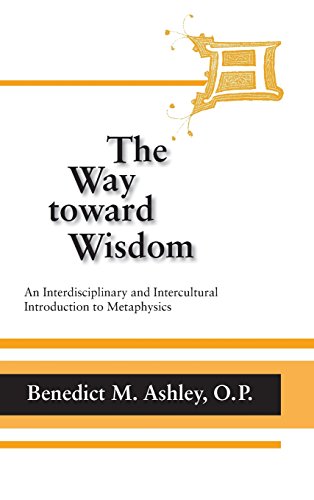

Most ebook files are in PDF format, so you can easily read them using various software such as Foxit Reader or directly on the Google Chrome browser.
Some ebook files are released by publishers in other formats such as .awz, .mobi, .epub, .fb2, etc. You may need to install specific software to read these formats on mobile/PC, such as Calibre.
Please read the tutorial at this link. https://ebooknice.com/page/post?id=faq
We offer FREE conversion to the popular formats you request; however, this may take some time. Therefore, right after payment, please email us, and we will try to provide the service as quickly as possible.
For some exceptional file formats or broken links (if any), please refrain from opening any disputes. Instead, email us first, and we will try to assist within a maximum of 6 hours.
EbookNice Team

Status:
Available0.0
0 reviewsWorking from a realist Thomistic epistemology, Ashley asserts that we must begin our search for wisdom in the natural sciences; only then, he believes, can we ensure that our claims about immaterial and invisible things are rooted in reliable experience of the material. Any attempt to share wisdom, he insists, must derive from a context that is both interdisciplinary and intercultural.
Ashley offers an ambitious analysis and synthesis of major historical contributions to the unification of knowledge, including non-Western traditions. Beginning with the question "Metaphysics: Nonsense or Wisdom?" Ashley moves from a critical examination of the foundations of modern science to quantum physics and the Big Bang; from Aristotle's theory of being and change, through Aquinas's five ways, to a critical analysis of modern and postmodern thought. Ashley is able to interweave the approaches of the great philosophers by demonstrating their contributions to philosophical thought in a concrete, specific manner. In the process, he accounts for a contemporary culture overwhelmed by the fragmentation of data and thirsting for an utterly transcendent yet personal God.
"This is an impressive, well-researched book, of great value. It offers the wider philosophical community a point of entrance, by a proponent of a certain type of Thomism, into a domain that all philosophers think they already understand. The result is the creation of a 'big picture' of human knowledge." -- Mark Johnson, Marquette University